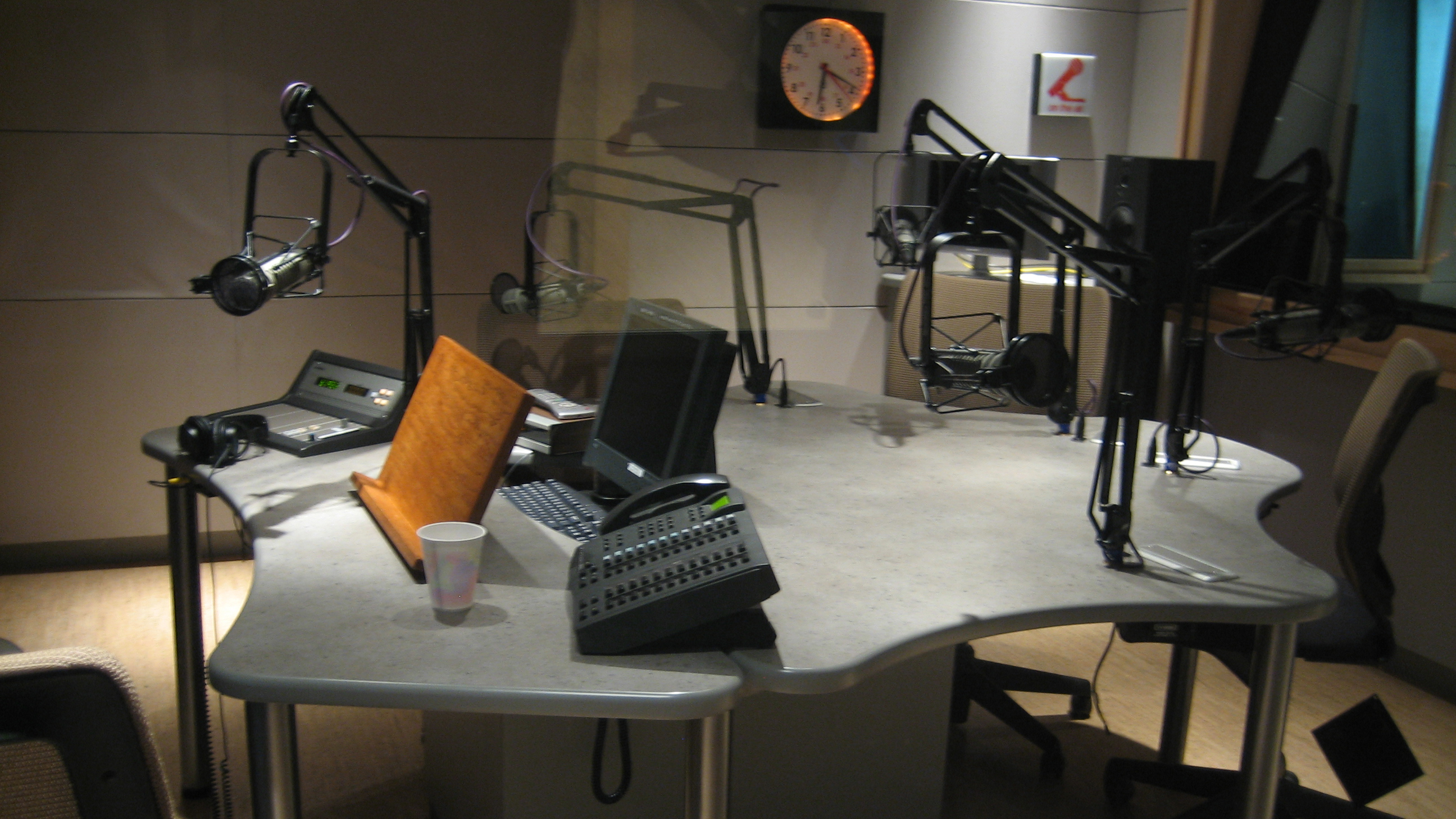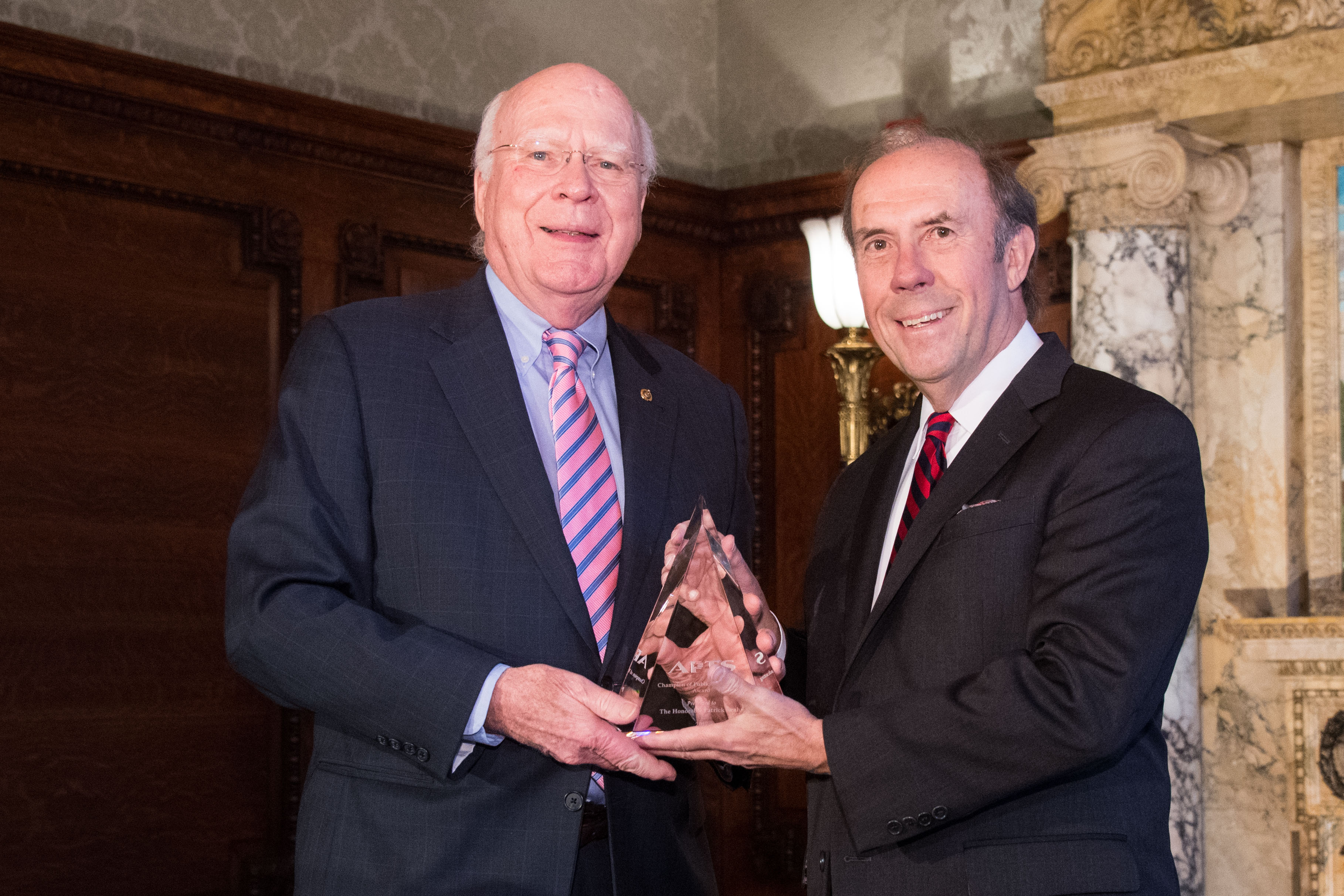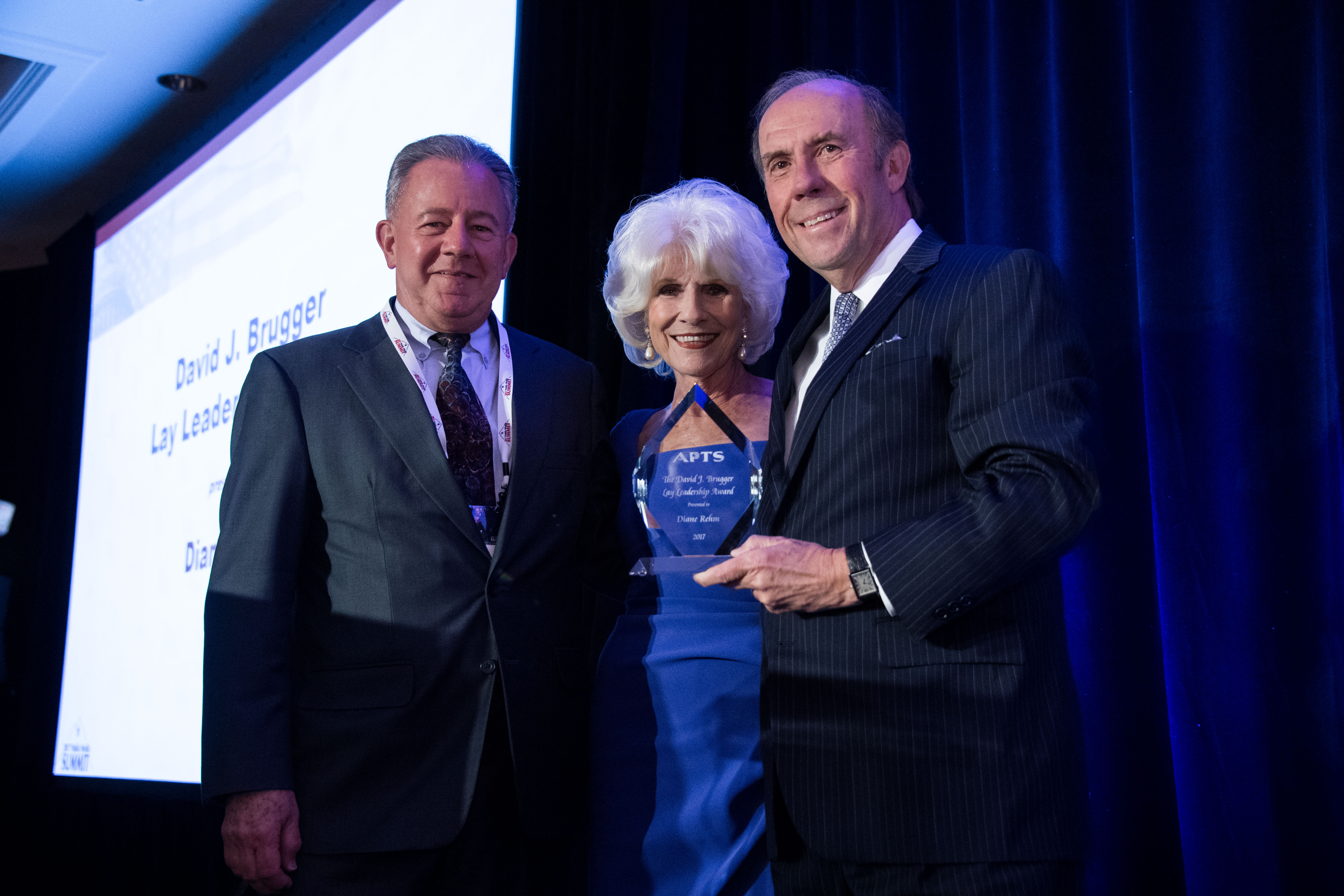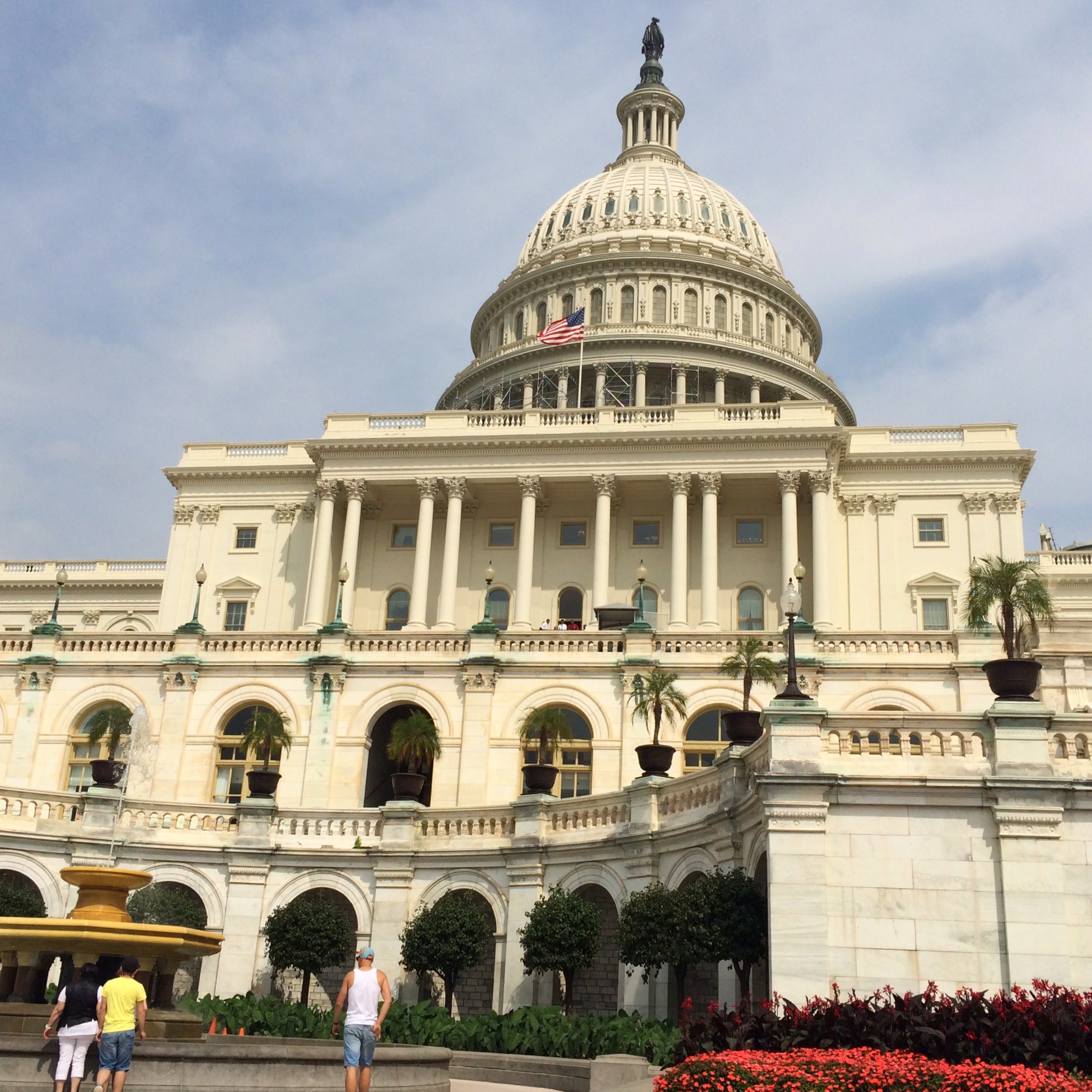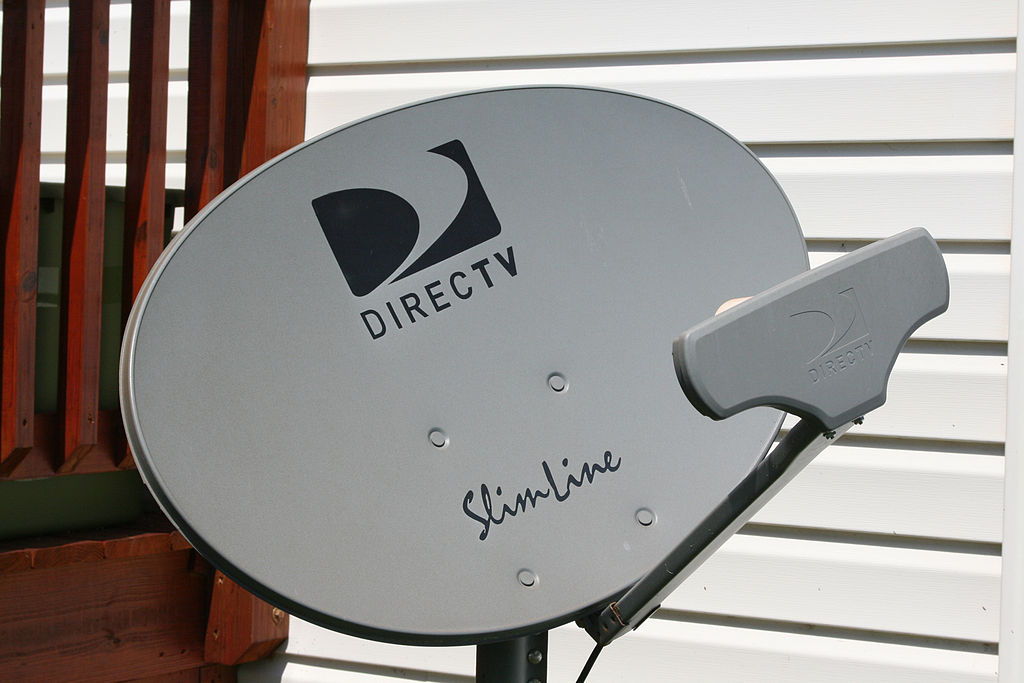Tag: America’s Public Television Stations
FCC moves to drop regulations on broadcasters’ main studio operations
Public broadcasters agree with FCC Chairman Ajit Pai that rules intended to ensure public access to local stations have become "outdated and ...How President Johnson set the stage for passage of the Public Broadcasting Act
Only eight months after LBJ called on lawmakers to support his bill creating CPB, the measure passed Congress with overwhelming bipartisan support. ...Pacific Mountain Network shuts down, gives final funds to APTS
“This is a transformative event in the history of both our organizations,” said APTS President Pat Butler.Pubcasters maintain opposition to looser third-party fundraising rules as FCC leadership changes
A long-pending proposal would allow noncommercial stations to devote up to 1 percent of their annual air time to raising funds for ...APTS honors Sens. Blunt, Leahy as champions of public broadcasting
APTS also recognized two executives working within public media.APTS honors Diane Rehm, Public Broadcasting Act author at Public Media Summit
And more awards in public media.As power shifts in Washington, pubcasting has allies in key posts
Three powerful congressional chairmen who support public broadcasting will continue in their key roles in both the House and Senate.Pubcasters ask FCC for more time to handle post-auction repacking
Stations will face a 39-month deadline to complete the technically complex work, which could pose challenges for government licensees that must go ...APTS signs Homeland Security agreement to provide datacasting
Datacasting enables secure transmission of voice, text, files, images and video over broadcast television signals to first responders.Station leaders share their pitches for members of Congress
Attendees at the APTS Public Media Summit gave a preview of their talking points.APTS member stations pledge to set aside spectrum for FirstNet
CPB is supporting a new Public Media Public Safety Coordination Center.NETA attendees get update on funding outlook and auction plans
An Association of Public Television Stations briefing focused on federal funding prospects and the next steps in the FCC’s 2016 spectrum auction.House and Senate spending bills propose level support for CPB, but no interconnect funds
The bills include level funding of $445 million for CPB.House Appropriations Committee approves $445M for CPB
But PBS’s interconnection project lacks support so far.Pubcasters seek relief in carriage standoff with satellite companies
Some satellite TV subscribers lack access to news, public affairs and other programming from their state networks.


